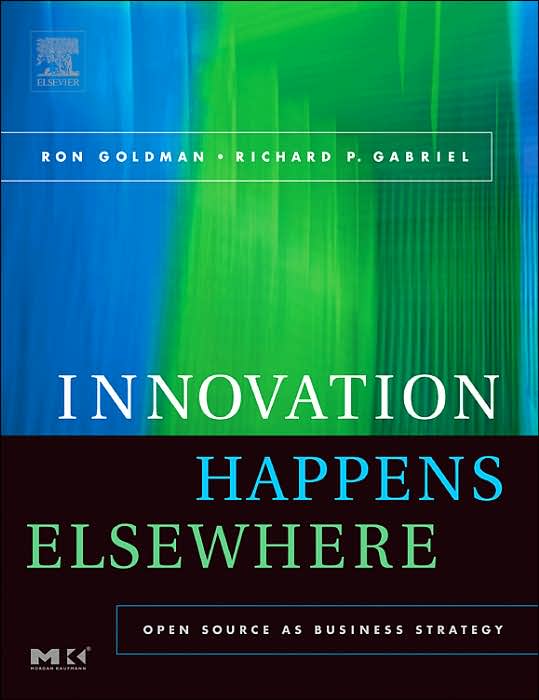|
Previous Table of Contents Up Next Marketing IssuesA big mistake many company-initiated open-source projects make is not actively marketing themselves and the applications they are creating. No marketing means fewer users and fewer contributors. For a low-key effort this may be fine, but if you really want your project to take off, people need to hear about it. When they hear about it is also important. Some companies make a big announcement well before the project is underway and the code is available. This can drum up quite a bit of interest in the project, but if there's nothing for potential outside contributors to do, it can be a wasted opportunity. For example, in mid-July 2000, Sun announced that the StarOffice source code would be made available, and created a project website at Openoffice.org. This generated lots of interest and many people flocked to the Openoffice.org mailing lists. Unfortunately, there was no documentation about the soon-to-be released code, and only a few, junior StarOffice developers participated on the mailing lists. As a result, potential community members ended up spinning their wheels speculating about how StarOffice worked until the code was finally released in mid-October and more senior members of the StarOffice development team joined the mailing lists. If you were having a party at your house, you would not think of making your guests wait outside for hours before letting them in, and, if they did have to wait outside you would go out and welcome them, not leave them to fend for themselves. Big announcements that get major press coverage are great for your project--when they have real content and are not simply hype. Many marketing and PR people are trained to sell benefits (and never mention possible drawbacks) as part of making announcements, but to technical people expecting to hear about a down-to-earth open-source project, such selling can sound like hype. Many marketing and PR people do not consider it worthwhile to make announcements in which they cannot sell benefits, and so you end up having relatively infrequent, large announcements with long gaps between them. During these gaps, people might conclude that your project is dead because they haven't heard any recent news about it. This happened to the Jini project in the several-year interval between when the technology was first announced and when products based on Jini began to appear in the marketplace. Any new technology will have a similar interim period. Following a huge initial announcement with a very long and noticeable silence will invite people to think the project has failed. You should make sure that the many small but significant events associated with your project are properly communicated to the public. Frequent short mentions of your progress lets people know that your project is alive and well. An ideal way to communicate current news of your project is to post it on your project's website. Letting your project website become stale is a surefire way to make people think that your project is dead. Many people interested in your project never subscribe to the project's mailing lists--they periodically surf to your project's website to see what's happening. If the project's home page hasn't changed, they may conclude that no major work has been done and are less likely to check again. Make sure that someone is assigned to update your website on a regular basis. One of the worst marketing mistakes a company can make is failing to give proper credit for the work done by outside developers. For example, back in December 1999 at a large trade show, Sun announced the release of a Linux version of the Java 2 Platform, Standard Edition (J2SE) that had been done in collaboration with Borland Software Corporation (at the time of this incident, it was named the Inprise Corporation; it was originally named Borland International Inc.). The press release failed to mention that much of the work that lay behind this version of J2SE had been done by the Linux Blackdown Porting Team, a group of open-source programmers devoted to Java. The open-source community was stung by the omission and started to lose trust in Sun. It turned out that this major error happened because the marketing person writing the press release was unaware of the work done by the Blackdown project. Sun immediately released another announcement giving proper credit to the Blackdown team, and the Sun engineers in charge of the Linux port personally apologized to the Blackdown group. Promptly admitting the mistake and correcting it was crucial to Sun's regaining trust with the open-source community.
|
|||
|
|


